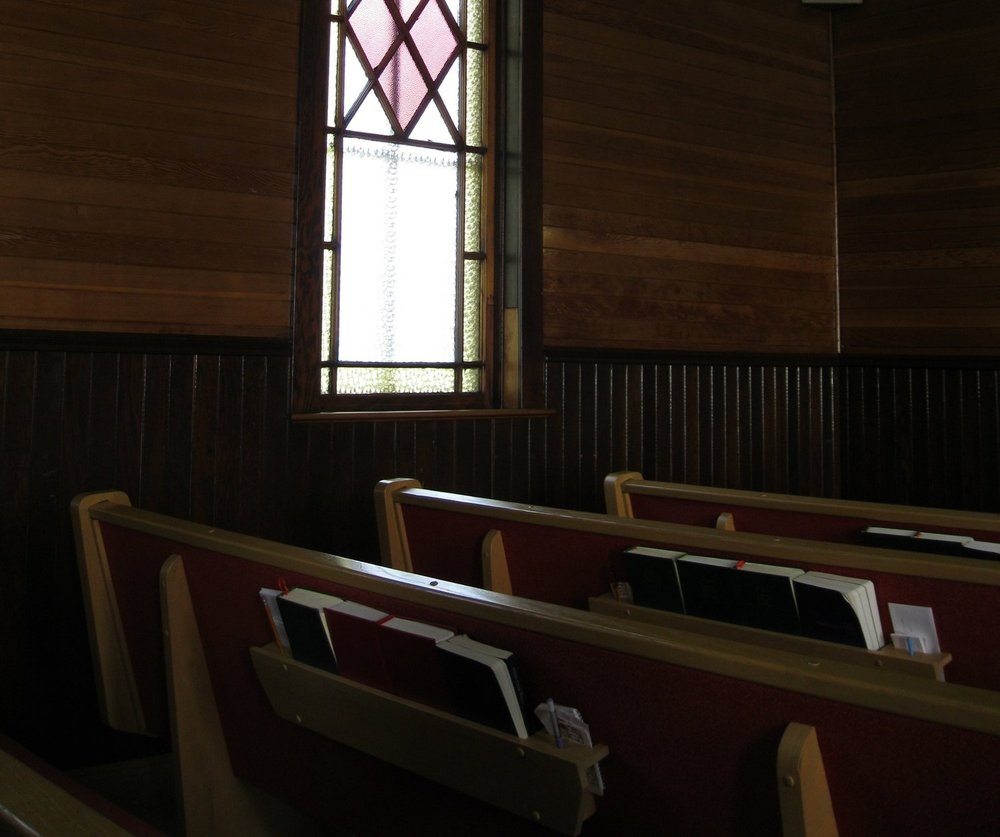Editor’s Note: This article was procured from Steve Bang Lee’s blog and was originally posted on Feb 17, 2017.
I think I’ve seen you before.
You visited my church once after visiting a few other churches. I never saw you again and that’s okay, but I hope you’ve found and plugged yourself into a good church.
No, this isn’t going to be a guilt trip session on how the Bible assumes a Christ-follower will also be connected to His Body, the Church, although that’s true.
This isn’t even going to be a spiel on why you practically need the church, although my list could be long and meaningful.
My plea, rather, is vision oriented.
I want to ask you to consider how your present participation in the church or lack thereof will reverberate not just on the future church, but also on the future you.
If I had to guess as to why you haven’t committed to a church, I would say it’s because you probably haven’t found the right fit or you haven’t found the time to take the search seriously.
There could be deeper reasons too. There’s always the fear of buyer’s remorse, in which you end up tied down to one church only to discover a better but unattainable church option due to hasty commitment.
Or it might be your personal frustrations. You’re tired of churches treating you like extended youth kids. You don’t appreciate the sermon jabs at Millennials and Gen Z and have resolved to no longer be used as mere volunteer manpower for childcare or chair setup. Or you may just be sick of the seeming irrelevance of the church to everyday life and society. Pressing social concerns seem to be ignored by churches while they instead continue to drive their own agendas.
I resonate with these things too. I see it. I get it. I really do.
But please know that in the blink of an eye, you won’t be in college anymore. Campus ministry will be over.
Before you know it, you’re gonna find yourself working in a career. You may even get married and even become a parent. And as you try to sort through the complexities of life, still waiting for you and your family will be the local church.
“In the blink of an eye, you won’t be in college anymore. Campus ministry will be over.”
But should you show up that one Sunday, you may realize that many of the same issues you had against the church in your college days still exist. Sitting there, you’ll be tempted to ask, “Why hasn’t the church changed since my college days?” And should you choose to stick around for whatever reason, someone may even ask you to help in some kind of leadership role and you will realize you have no clue as to how because you had never tried.
At that moment, it will dawn on you that much like how the church hasn’t changed much, you haven’t changed much either.
The difference then will be that you, still ill-equipped, will have far less room to complain because you’ll run into the eyes of an emerging generation who have begun looking to your generation for leadership and will be critical of you.
The future church will be shaped by your current investment.
The future ‘you’ will be shaped as you involve yourself today in the life of the church.
And what if we forfeit this? What if we never commit to a church? What will that mean for tomorrow’s church and for you?
I am convinced that there comes a point in every generation when young men and women of God rise up and say, “This is God’s Church and therefore, I will make it mine despite its imperfections.” This is the defining moment when the emerging generation begins to have influence on the church as key participants before its inevitable influence in the church as key leaders.
But if we whiff, if we fail to invest through commitment, attendance, perseverance, service, and so forth, we will reap the future state of the church through the very absence we sowed. And we will have had a hand in that and we will have to explain to our children why churches are the way they are and they’ll know we whiffed.
This is why saying “Yes” to church membership, “Yes” to church authority, “Yes” to accountability, and “Yes” to corporate worship on Sundays matter — because these small investments today will give profound yield tomorrow.
I’m not saying churches aren’t at fault. I know churches can do a better job listening and making things more relevant, but it’s on us to not sink to the lowest common denominator.
Your generation needs to rise up.
“The future church will be shaped by your current investment.
The future ‘you’ will be shaped as you involve yourself today in the life of the church.”
The good news is I’m already seeing it as a college pastor.
Week in and week out, I get to witness some of your peers. While fully aware of just how imperfect their church is, they pro-actively invest into their church as they attend, give, serve, burn out, and get back up, and through it all, I believe they’re shaping the future of their church as they’re being shaped themselves.
I believe in your generation, as do countless others.
I believe your generation can lead the church to places the previous generations could’ve only dreamed of.
But in the meantime, I hope you’ve found a good church.
And if you’ve committed to one, I consider them fortunate to have you shaping their future.

